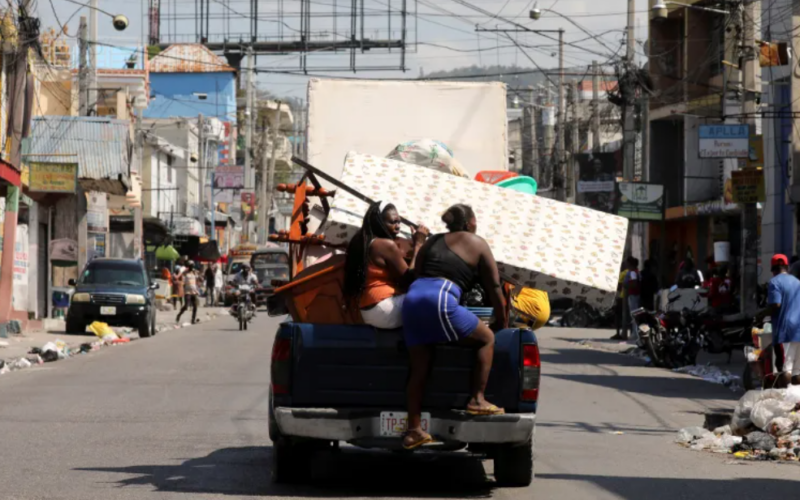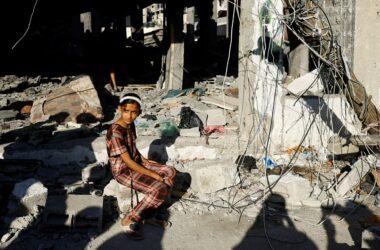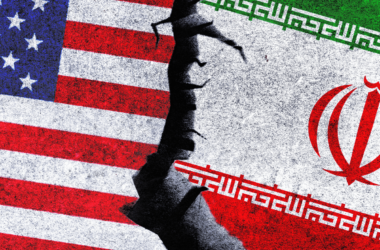The United States has voiced calls for Haitian Prime Minister Ariel Henry to accelerate the political transition in Haiti, citing escalating security threats and a worsening humanitarian crisis in the Caribbean nation.
Prime Minister Henry, who has been serving as Haiti’s interim leader, has been reported to be in Puerto Rico since Tuesday, following his travels to Kenya for diplomatic engagements. Amid concerns over his safety and the volatile situation in Haiti, Henry’s return to his home country remains uncertain.
A spokesperson from the U.S. State Department clarified that while they are not advocating for Henry’s resignation, they are urging him to expedite the transition of political power in Haiti. Additionally, the United States has stated that it is not facilitating Henry’s return to Haiti, emphasizing its stance on the matter.
The recent developments come as armed gangs in Haiti have issued threats against Henry’s leadership, warning of potential civil unrest if he does not step down. Concerns have been raised over the deteriorating security situation, with reports of widespread violence, looting, and the escape of thousands of prisoners.
In response to the escalating tensions, Henry had traveled abroad to garner support for a proposed U.N.-ratified security mission aimed at addressing the growing influence of criminal gangs in Haiti. However, the deployment of such a mission has faced delays, raising questions about its effectiveness and operational details.
Leaders from the Caribbean Community (CARICOM) have been engaged in discussions with Haitian officials and opposition figures to address the ongoing crisis. Despite efforts to reach a consensus, challenges persist in finding a viable solution to the complex issues facing Haiti.
Meanwhile, the United Nations and other international organizations have reiterated calls for urgent action to address the humanitarian needs in Haiti, including the deployment of essential supplies and the establishment of a security force to protect civilians.
As the situation in Haiti continues to evolve, regional and international stakeholders are closely monitoring developments and exploring avenues for a peaceful resolution to the crisis. However, the path forward remains uncertain amid escalating tensions and growing concerns over the safety and well-being of the Haitian population.








